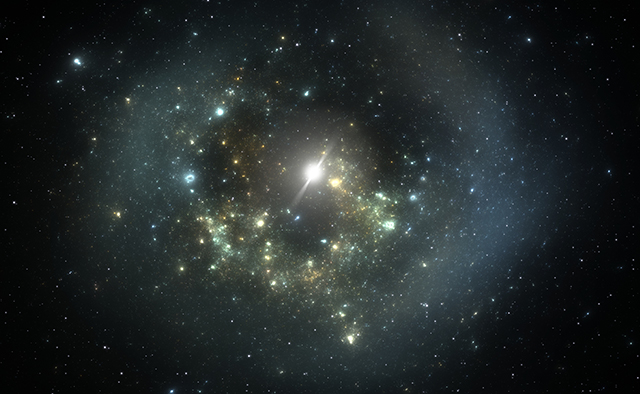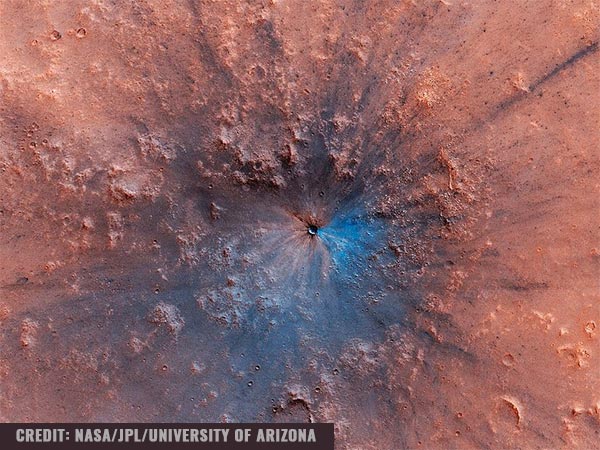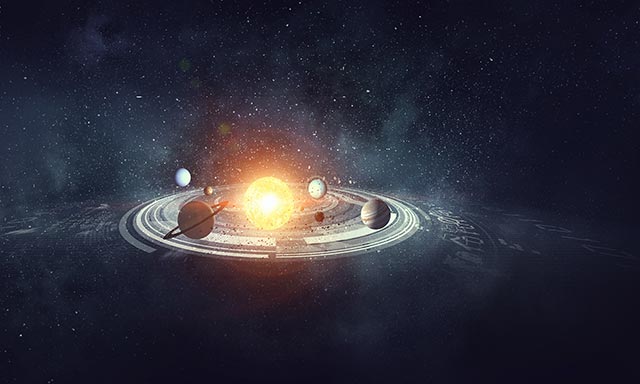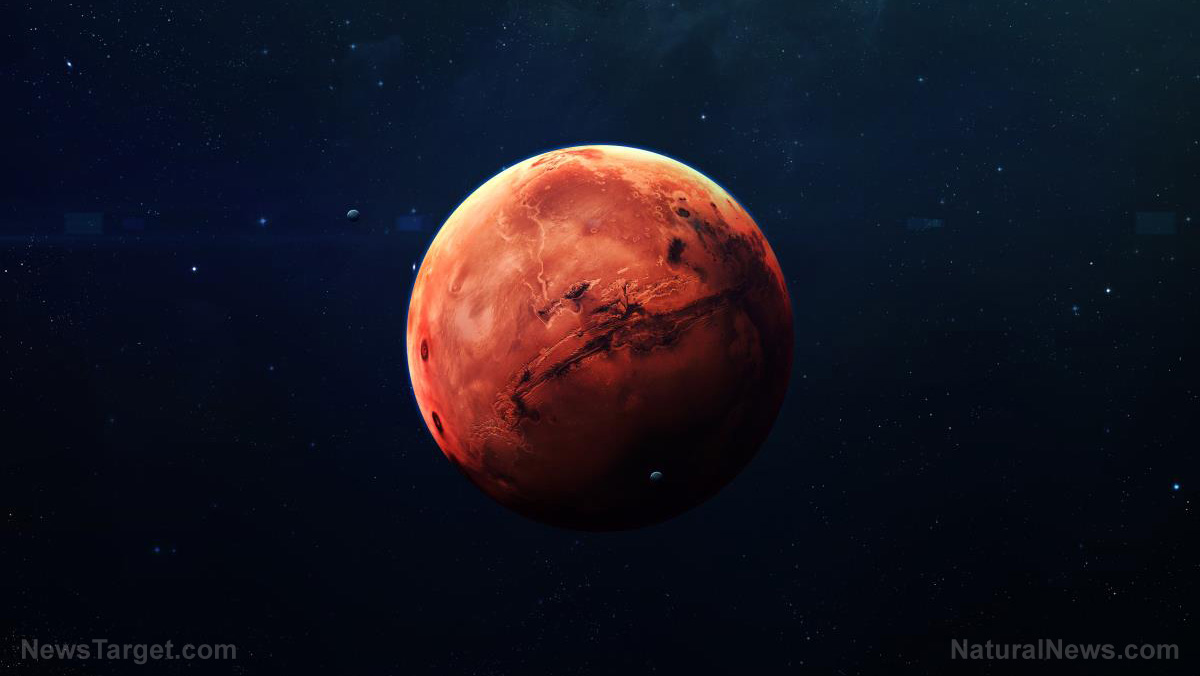Cradles of life? New research says oceans on exoplanets may harbor more life than Earth
08/24/2020 / By Virgilio Marin
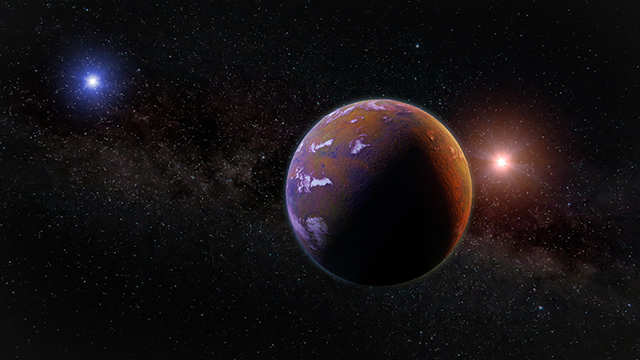
A study published in the Astrophysical Journal suggests that oceans on exoplanets may be more hospitable than those on Earth.
Scientists traditionally detect which exoplanet is potentially habitable by looking for conditions that closely mimic those on Earth. However, exoplanets that greatly vary from the Earth in terms of conditions such as ocean salinity may, in fact, be more primed to host life.
“A further implication is that Earth might not be optimally habitable – and life elsewhere may enjoy a planet that is even more hospitable than our own,” said geoscientist and co-author Stephanie Olson of the University of Chicago.
Ocean upwelling supports life
Olson and her colleagues concentrated on the ocean circulation on exoplanets for their research. Ocean circulation plays an important role in sustaining life and biodiversity in ocean waters. In particular, a process called upwelling ensures that nutrients that otherwise sink to the bottom of the oceans return to the top layer where much of marine life resides. Upwelling occurs when the wind rushes along the ocean’s surface, creating currents that push deep water up to the top of the sea.
The same process of upwelling that supports biodiversity on Earth could also potentially do the same for exoplanets. Therefore, finding out which factors boost upwelling is key to uncovering which exoplanets could support life.
For their study, the researchers used a model to test how small changes in observable traits, such as a planet’s rotation rate and size, can impact upwelling in oceans. Results show that rotation rate, surface pressure, salinity as well as atmospheric density play an important role in upwelling.
“We found that planets that rotate slower than Earth, have higher surface pressure than Earth and have saltier oceans than Earth may all experience greater upwelling,” explained Olson.
Exoplanet prioritization needs to be revised
The findings of the study not only mean that such exoplanets are more habitable than Earth — they also suggest that differences in the above-mentioned factors can lead to more active and more detectable photosynthetic life. According to Olson, such differences might provide more gas signatures of biological activity in the atmosphere, such as oxygen and methane.
Olson added that scientists searching for life could prioritize exoplanets that harbor these differences. Experts typically favor studying exoplanets with as many Earth-like features as possible. But it appears that scientists need to expand their search beyond analogs of Earth and to consider the possibility that other planets might be better hosts for life than Earth. (Related: Search for origin of life intensifies as NASA probes alien oceans on moons in the outer solar system.)
In fact, another study discovered that differences in salinity and ocean circulation between Earth and exoplanets could potentially boost the latter’s habitability. The researchers used computer models to study oceans with very low salinity similar to freshwater, salinity similar to the average value of Earth’s oceans and high salinity similar to levels in the Dead Sea.
On Earth, ocean circulation behaves in such a way that warm water moves toward the poles at the surface before being cooled and sinking at high latitudes. The resulting cool water travels toward the equator at depth.
According to the researchers, high-salinity oceans could circulate in the opposite direction: Polar water flows toward the equator at the surface and sinks in the tropics before traveling back toward the poles at depth. A similar pattern also emerged for freshwater oceans.
Co-author Manoj Joshi of the University of East Anglia in the United Kingdom added, “Such a circulation scenario might extend the planet’s range of habitability.”
Ongoing research on exoplanets can use these insights to have a better understanding of life in space as well as the past and future of life on Earth.
Space.news has more on the search for life beyond our planet.
Sources include:
Tagged Under: alien life, breakthrough, cosmic, discovery, Earth, exoplanet, habitable planet, ocean circulation, ocean current, oceans in space, research, Space, space exploration, space tourism
RECENT NEWS & ARTICLES
COPYRIGHT © 2017 DISCOVERIES NEWS



